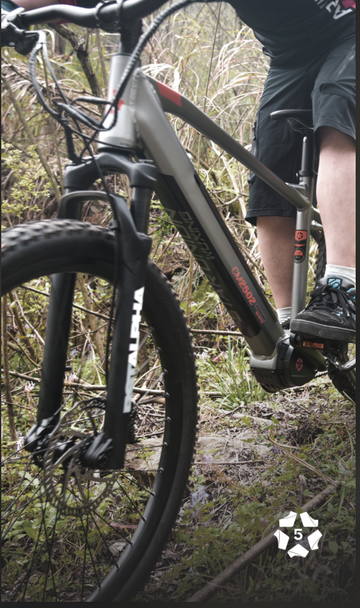
When it comes to cycling, choosing the right braking system is crucial for safety, performance, and overall riding experience. The two most popular options on the market are hydraulic disc brakes and mechanical brakes. In this article, we’ll compare these braking systems to help you decide which is the best choice for your cycling needs.
Understanding the Basics
What are Hydraulic Disc Brakes?
Hydraulic disc brakes use liquid fluid to transfer force from the brake lever to the brake caliper, providing more stopping power and smoother performance. They are widely regarded for their efficiency and reliability, making them ideal for various riding styles, including mountain biking and road cycling. With advancements in hydraulic brake technology, these systems have become the go-to choice for serious cyclists.
What are Mechanical Brakes?
Mechanical brakes, often referred to as cable-operated brakes, use a mechanical cable to engage the brake caliper when the lever is pulled. While they are generally simpler in design and easier to maintain, they can lack the stopping power and responsiveness found in their hydraulic counterparts. Many beginners start with mechanical brake systems due to their affordability and straightforward setup.


Key Comparisons
1. Stopping Power
Hydraulic disc brakes offer superior stopping power compared to mechanical brakes. The use of hydraulic fluid allows for greater force transfer, making it easier to stop quickly, especially on steep descents or in emergency situations. If you prioritize superior hydraulic brake performance, these brakes may be the better option for aggressive mountain biking or downhill racing.
2. Performance in Various Conditions
One of the standout features of hydraulic disc brakes is their consistent performance in different weather conditions. Unlike mechanical brakes, which may lose effectiveness when wet, hydraulic brakes remain reliable in rain or mud. This makes them a great choice for off-road biking and unpredictable weather conditions. Understanding how hydraulic brakes perform can greatly enhance your riding experience.

3. Maintenance Needs
Mechanical brakes typically require more frequent adjustments due to cable stretch and environmental factors affecting performance. Hydraulic disc brakes, on the other hand, have fewer moving parts and are designed to self-adjust, making maintenance easier. If you prefer a low-maintenance hydraulic brake system, consider investing in a set of quality hydraulic disc brakes.
4. Modulation and Feel
Hydraulic disc brakes provide excellent modulation, allowing for precise control during braking. This results in smoother and more gradual stops. In contrast, mechanical brakes may feel more abrupt, which can be less forgiving for newer riders. If you’re focused on achieving optimal control during braking, hydraulic brakes might be the way to go, particularly for technical trails and racing scenarios.

5. Weight Considerations
In terms of weight, mechanical brakes are often lighter than hydraulic disc brakes. However, many modern hydraulic brake systems have been designed with weight savings in mind, making them competitive options for performance-oriented cyclists. For those looking to reduce bike weight without sacrificing braking efficiency, exploring lightweight hydraulic disc brakes can be beneficial.
Which Brake System is Right for You?
Choose Hydraulic Disc Brakes If You:
· Prioritize superior stopping power and performance in diverse conditions.
· Ride on technical trails or participate in competitive cycling disciplines where precision is key.
· Prefer a low-maintenance hydraulic brake system that does not require frequent adjustments.
· Want increased modulation and control for smoother braking experiences.
Choose Mechanical Brakes If You:
· Are on a budget, as they are generally cheaper and more accessible for beginners.
· Prefer a simple design that’s easier to repair and maintain on your own.
· Mainly ride in dry conditions and don’t require advanced stopping power or performance features.
Ultimately, the choice between hydraulic disc brakes and mechanical brakes comes down to your cycling style, budget, and personal preferences. Whether you opt for the high performance of hydraulic brakes or the simplicity of mechanical brakes, ensure you're equipped with the right braking system for your adventures.
Explore our range of hydraulic disc brakes and mechanical brake systems to find the perfect fit for your bike. Invest in your safety and performance today! If you're looking for advice on switching to hydraulic brakes or need help with installation, our team is here to assist you.




